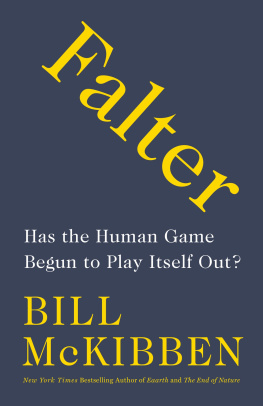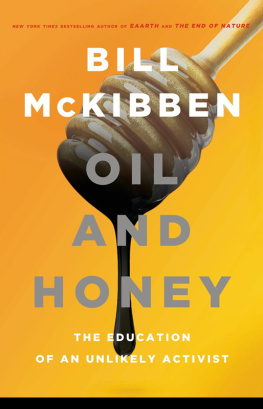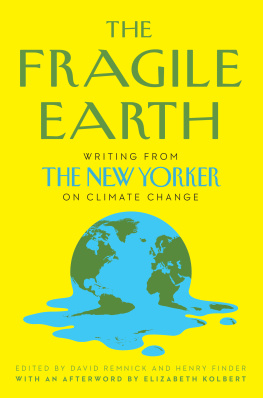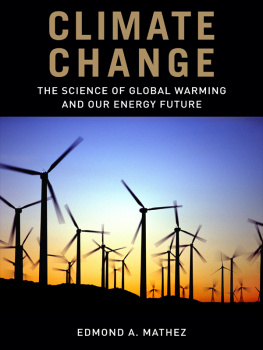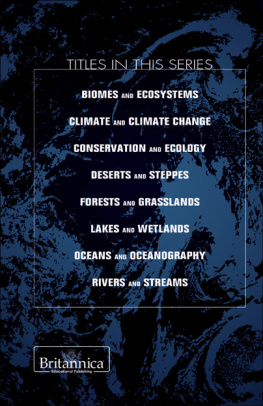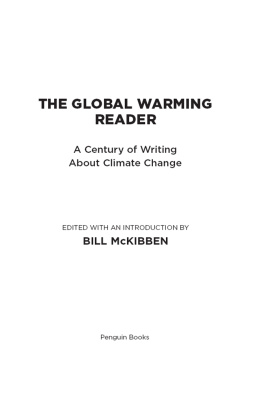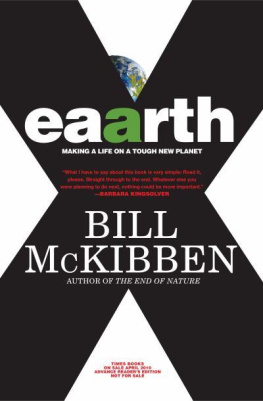McKibben - Falter: Has the Human Game Begun to Play Itself Out?
Here you can read online McKibben - Falter: Has the Human Game Begun to Play Itself Out? full text of the book (entire story) in english for free. Download pdf and epub, get meaning, cover and reviews about this ebook. City: New York, year: 2020;2019, publisher: Henry Holt and Company, genre: Romance novel. Description of the work, (preface) as well as reviews are available. Best literature library LitArk.com created for fans of good reading and offers a wide selection of genres:
Romance novel
Science fiction
Adventure
Detective
Science
History
Home and family
Prose
Art
Politics
Computer
Non-fiction
Religion
Business
Children
Humor
Choose a favorite category and find really read worthwhile books. Enjoy immersion in the world of imagination, feel the emotions of the characters or learn something new for yourself, make an fascinating discovery.
- Book:Falter: Has the Human Game Begun to Play Itself Out?
- Author:
- Publisher:Henry Holt and Company
- Genre:
- Year:2020;2019
- City:New York
- Rating:3 / 5
- Favourites:Add to favourites
- Your mark:
Falter: Has the Human Game Begun to Play Itself Out?: summary, description and annotation
We offer to read an annotation, description, summary or preface (depends on what the author of the book "Falter: Has the Human Game Begun to Play Itself Out?" wrote himself). If you haven't found the necessary information about the book — write in the comments, we will try to find it.
Thirty years ago Bill McKibben offered one of the earliest warnings about climate change. Now he broadens the warning: the entire human game, he suggests, has begun to play itself out.
Bill McKibbens groundbreaking book The End of Nature -- issued in dozens of languages and long regarded as a classic -- was the first book to alert us to global warming. But the danger is broader than that: even as climate change shrinks the space where our civilization can exist, new technologies like artificial intelligence and robotics threaten to bleach away the variety of human experience.
Falter tells the story of these converging trends and of the ideological fervor that keeps us from bringing them under control. And then, drawing on McKibbens experience in building 350.org, the first truly global citizens movement to combat climate change, it offers some possible ways out of the trap. Were at a bleak moment in human history -- and well either confront that bleakness or watch the civilization our forebears built slip away.
Falter is a powerful and sobering call to arms, to save not only our planet but also our humanity.
[An] unsettling look at the prospects for human survival. . . . Readers open to inconvenient and sobering truths will find much to digest in McKibbens eloquently unsparing treatise.Publishers Weekly (starred review)
A compelling call for change.Kirkus Reviews
[A] deeply caring, eloquently reasoned inquiry into environmental and techno-utopian threats. . . . Profoundly compelling and enlightening, McKibben balances alarm with hope. Booklist (starred review)
A love letter, a plea, a eulogy, and a prayer. This is Bill McKibben at his glorious best. Wise and warning, with everything on the line. Do not miss it.Naomi Klein, author of This Changes Everything and The Shock Doctrine
I braced myself to plunge into this book about the largest and grimmest of situations our species has faced, and then I found myself racing through it, excited by the grand synthesis of innumerable scientific reports on the details of the crisis. And then at the end I saw the book as a description of a big trap with a small exit we could take, if we take heed of what Bill McKibben tells us here, and act on it.Rebecca Solnit, author of A Paradise Built in Hell and Hope in the Dark
Its not an exaggeration to say that Bill McKibben has written a book so important, reading it might save your life, not to mention your home: Planet Earth. Falter is a brilliant, impassioned call to arms to save our climate from those profiting from its destruction before its too late. Over and over, McKibben has proven one of the most farsighted and gifted voices of our times, and with Falter he has topped himself, producing a book that honestly, everyone should read.Jane Mayer, bestselling author of Dark Money
No one has done more than Bill McKibben to raise awareness about the great issues of our time. Falter is an essential bookhonest, far-reaching and, against the odds, hopeful.Elizabeth Kolbert, Pulitzer Prize-winning author of The Sixth Extinction
Bill McKibben is a founder of the environmental organization 350.org and was among the first to have warned of the dangers of global warming. He is the author of the bestsellers The End of Nature, Eaarth, and Deep Economy. He is the Schumann Distinguished Scholar in Environmental Studies at Middlebury College and the winner of the Gandhi Prize, the Thomas Merton Prize, and the Right Livelihood Prize. He lives in Vermont.
McKibben: author's other books
Who wrote Falter: Has the Human Game Begun to Play Itself Out?? Find out the surname, the name of the author of the book and a list of all author's works by series.

